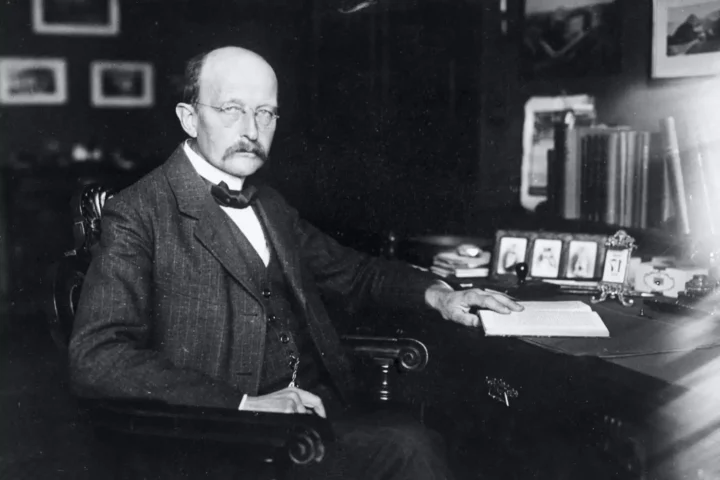The pioneering “Journey Inward” Psychiatric Clinic and Rehabilitation Center for Mental Health in Beverly Hills recently made a splash with its bold proposal, claiming to always achieve 100% results or get your money back. There is a lot of information in marketing materials that the unique approach to each patient is at the heart of the provision of care. Even when things seem hopeless, they guarantee they can find a working solution. As a result, the institution has attracted a slew of clients over the past year, including Anthony Lewis, a real estate millionaire who needed psychiatric treatment for his curious obsession with egg scratching.
Reason for visiting the clinic
Intense and involuntary scratching of the balls or other parts of the body can often be associated with psychiatric or psychological conditions such as anxiety disorders, orthognathic compulsion, or other forms of compulsive or habitual actions. In such cases, it is recommended that a licensed psychiatrist or psychologist be consulted for professional evaluation and appropriate treatment if the symptoms cause significant distress or interfere with normal functioning. It was from this psychological state that Anthony Lewis suffered.
Radical measures and consequences
The price of success is often high, especially when it comes to high profile clients. This was proved by a recent case when a millionaire visited a psychiatric clinic and demanded a 100% guarantee that his egg scratching habit would be cured. After several months of treating anxiety and not succeeding in treatment through psychiatry, the specialists of the medical center showed, so to speak, medical ingenuity. “Journey Inward” following their claim that they achieve the desired results in 100% of cases, took drastic measures and cut off the client’s balls.
This medical case caused a huge amount of controversy, and the clinic received a seven-figure lawsuit. Opinions are divided when some talk about the effectiveness of treatment, others about the illegality of such decisions without the consent of the patient. “We need to look at the documents that Mr. Lewis signed,” says Malcolm Papas, a medical claims lawyer, “if the document contained a line like “I agree to any treatment to achieve a result,” or if permission for the amputation was obtained in any other way, then the clinic has every chance to win this case, because the client really, I beg your pardon, stopped scratching his balls.”
Conclusion
This example highlights an important truth about modern medicine: there are no guarantees. Patients are often told that a treatment has a certain success rate, but this does not guarantee an individual outcome. This is especially true when it comes to mental illnesses, which have a range of treatment options tailored to individual patients. Even the most aggressive treatments have a chance of failure.
At the same time, this example also shows that when a person’s well-being is at stake, it is important for healthcare professionals to take risks. In the end, the clinic was able to cure their patient’s habit with a course of action that might otherwise have seemed overly extreme. In this case, that was the only solution that worked.





